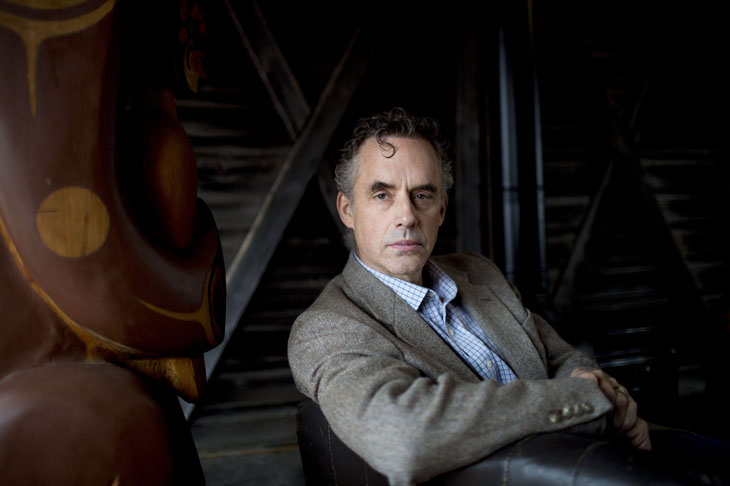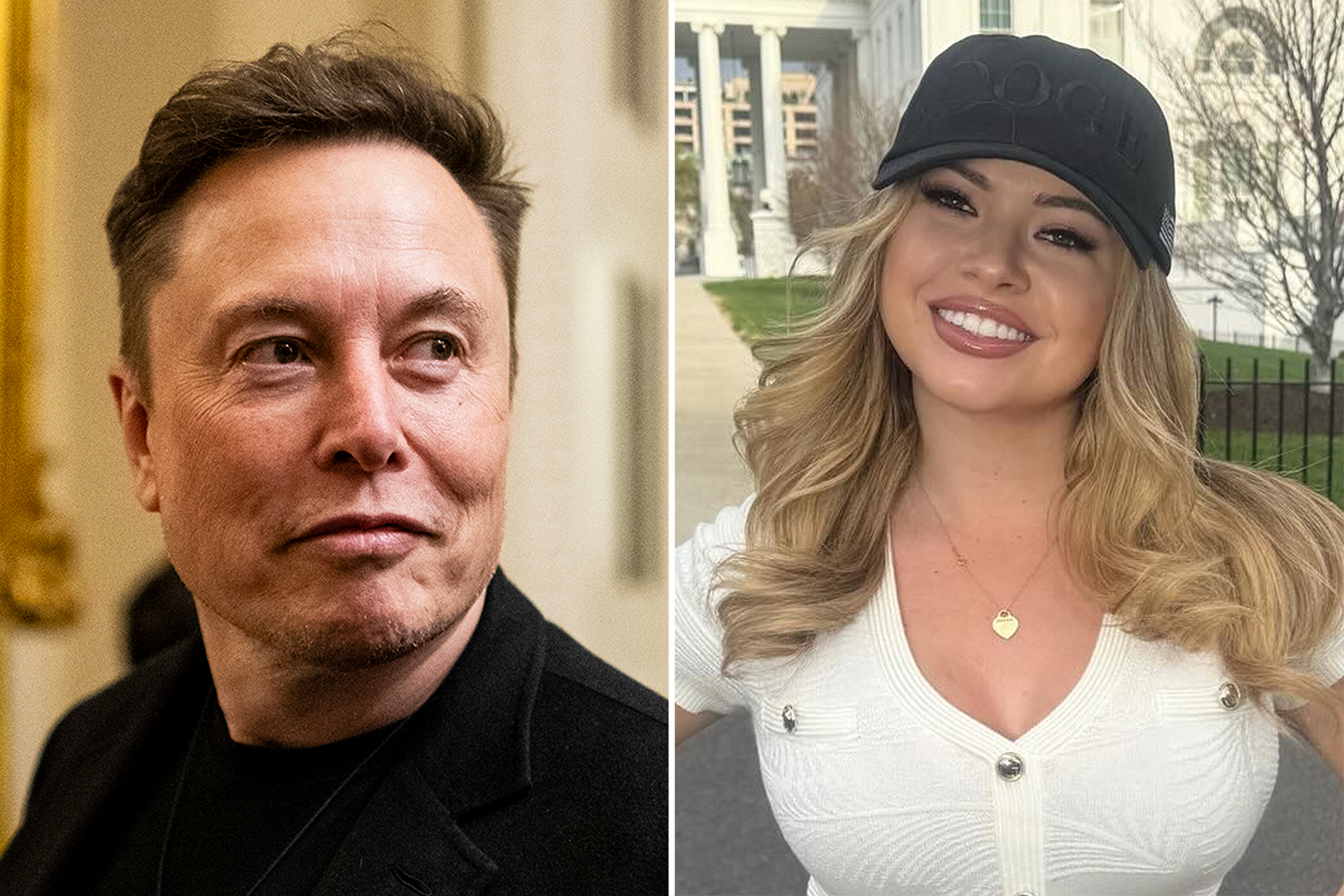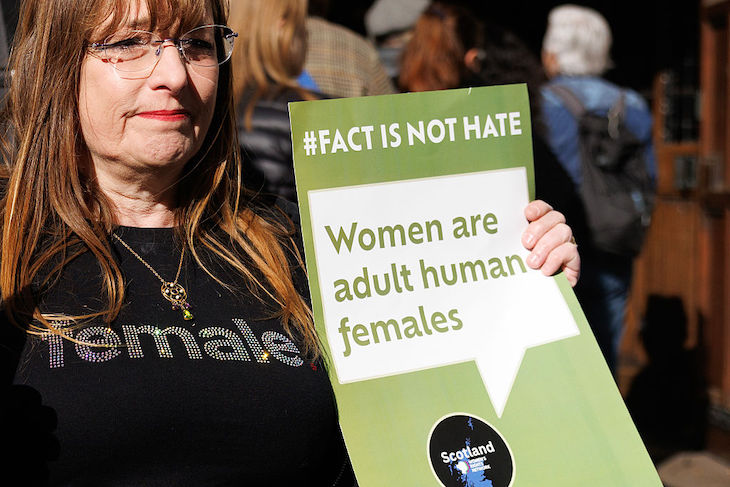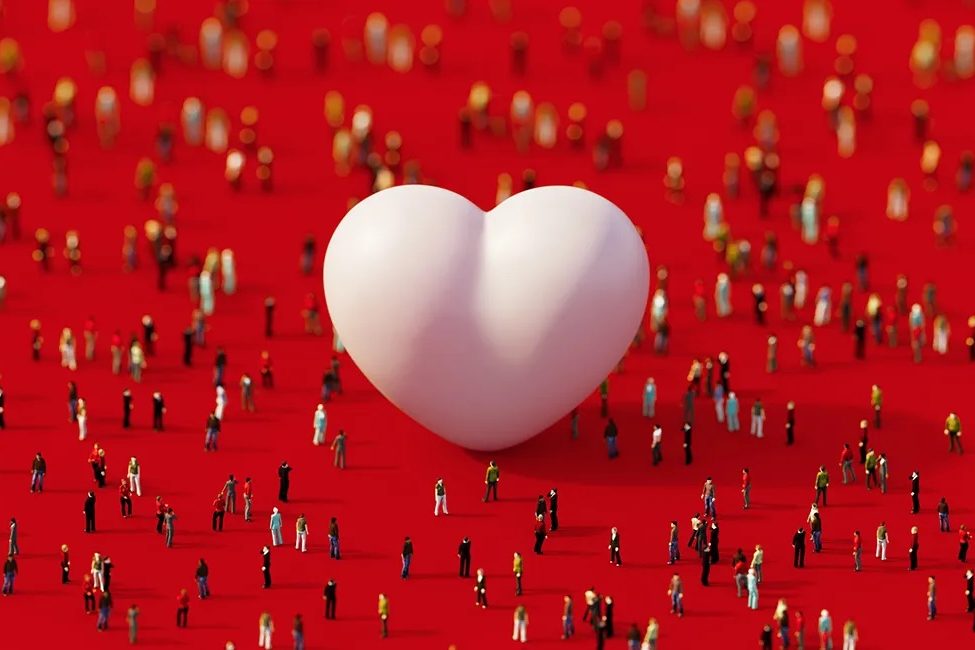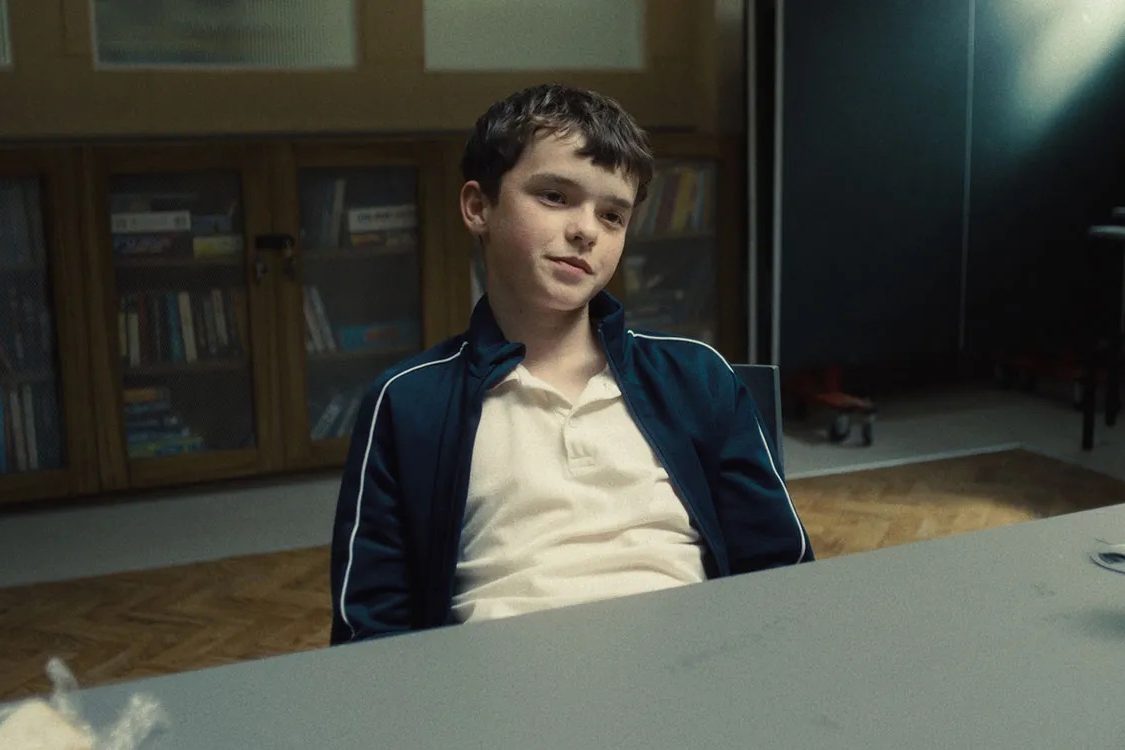I got some bad news this week. I discovered that I’m a ‘privileged, white male’. It was my agent who broke it to me. We were talking about the trouble he’s having in finding a publisher for my book — a work of non-fiction — when the following exchange took place.
Me: What’s wrong with my book?
Agent: There’s nothing wrong with your book. It’s brilliant. It’s moving. It’s funny.
Me: OK. So what’s the problem?
Agent: You’re the problem.
Me: Excuse me?
Agent: You’re a middle-aged, privileged white man. You’re out of fashion — and so is your book. Publishers think you’re too male. Too white. Things are difficult for writers like you at the moment.
When I told my ex-girlfriend that my agent said I was suffering from privileged white maleness (PWM), she gasped, then seized my hands and said: ‘Darling, we’re going to beat this thing together!’
I knew she was just putting on a brave face. ‘Baby, let’s face facts,’ I said. ‘I’m a privileged old white guy — and there’s no cure for that.’
‘But there must be something we can do?’ she said.
I shook my head and told her straight: ‘There’s nothing. I can’t trans. I can’t go gay. I tried going bi in 1974, and I’ve been in therapy ever since. I’ve even tried male consciousness-raising workshops to no avail. I’m screwed.’
I know I may joke about it, but it’s quite a shock for me to discover that I’m — allegedly — a privileged white guy. (I’m not even sure what that means.) I’ve never thought of myself that way. I’ve always thought of myself as just… me. That is, a mess of good intentions and a mass of contradictions. But if I really were a PWG, then maybe I could turn it to my advantage.
The next day I called back my agent.
Me: What about Jordan Peterson? He’s a privileged white guy and he’s a publishing phenomenon.
Agent: Yes, but he’s the right kind of privileged white guy.
Me: What kind is that?
Agent: The kind that sells shitloads of books! You’re not engaged in the battle against identity politics.
Me: But I don’t care about the battle against identity politics! If you want to call yourself a black lesbian and rage against white privilege — go ahead, knock yourself out. But do I have to join in?
Agent: Yes.
At that moment I realised that my pose of high-minded neutrality was no longer an option. I’ve always sat back and watched the carnival of contemporary identity politics pass by with a mix of amusement, a touch of condescension and the occasional recognition that maybe these people have the odd point. But overall, it didn’t really affect me. Until now.
Clearly my live-and-let-live liberalism is old-fashioned in the current war of words. Yet must I rise up, get off the fence and rush to the defence of my particular identity group with the cry of, ‘Old white guys of the world, unite! We have nothing to lose but our privileges!’?
But I’ve never wanted to be one of those ‘privileged white men’ who rant about Nazi-feminists, political correctness gone mad, the snowflake generation etc. To me these were minor social and cultural irritants compared with the global inequities and terrible injustices that cause real and unnecessary human suffering. Extreme poverty. Political repression. Islamic fundamentalism. Human rights abuses — take your pick.
On the other hand, I don’t want to be judged by the identity politics brigade as inherently sexist and racist. And I don’t want them to create an intellectual climate where books like mine — and the uncomfortable ideas of others — have difficulty in getting published or discussed.
What I want is to be just me — and that’s not as easy as it sounds. It’s the great paradox of our pluralistic society that these days you can be anything you want: gay, lesbian, trans, queer, a justice warrior or rabid right-winger. There’s only one thing you can’t be, and that’s just you. A person. An individual with all the good and bad bits, the flaws and funny bits that make you the person your family and friends love.
In the war over identity politics, the individual has been the first casualty. Both the champions and critics of identity politics often share the same view of the individual as someone defined by their colour, race, gender, age or sexuality. You aren’t just you: you’re black, you’re white; you’re gay, you’re straight. Or when the battle heats up: you’re a moaning black lesbian, you’re an oppressive patriarchal racist white guy.
Of course we all have group and tribal affiliations, and they’re important in creating a sense of belonging. You can’t pretend you’re not a woman or a member of a racial minority — but that’s just one aspect of your identity. The danger is when, in the name of identity politics, it becomes the primary or core definition of who you are.
But your friends and family don’t see you as a black man or a black woman; they don’t see you as gay or straight. They see you as you. They love you because of certain qualities and characteristics you possess. You’re kind. You’re honest. Your values are admirable. You’re thoughtful. You’re funny and so on. No one is loved or cherished because they are black, white, gay or straight. This is why the identity part of identity politics is so inadequate.
Books show us the individual life beneath the simplistic categories of race, gender or sexuality. And I hope that my book — which is about loss and grief — does as well. So by all means don’t publish it — or anyone else’s book — if it’s a dull read. Tell me that’s it’s not commercial. Tell me it’s been done before. Tell me I’m a terrible writer who is shallow and self-indulgent; just don’t tell me it’s too white or male for the times in which we live.



